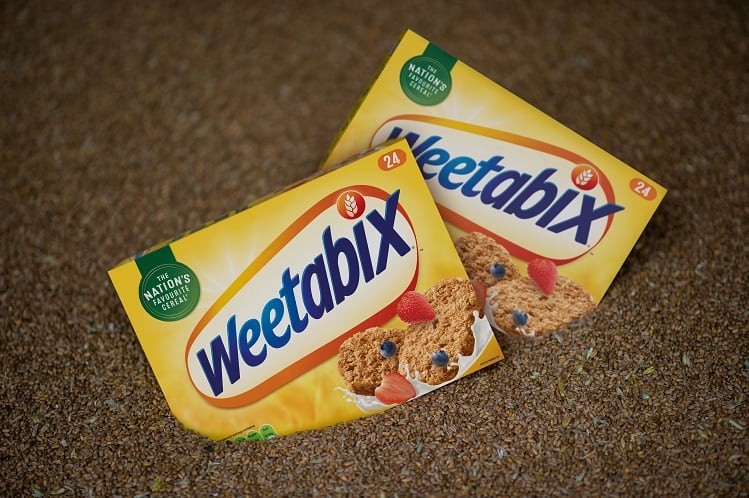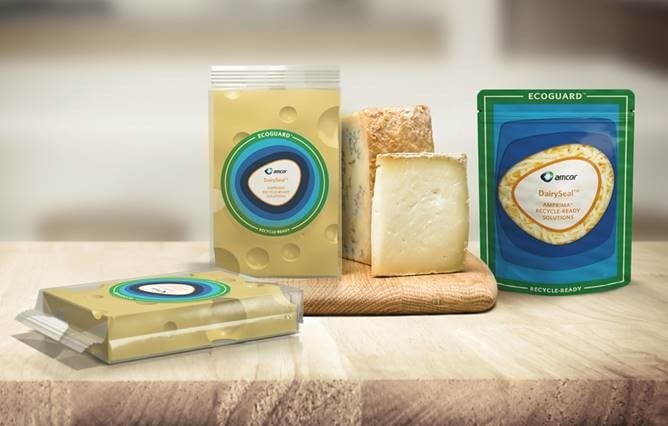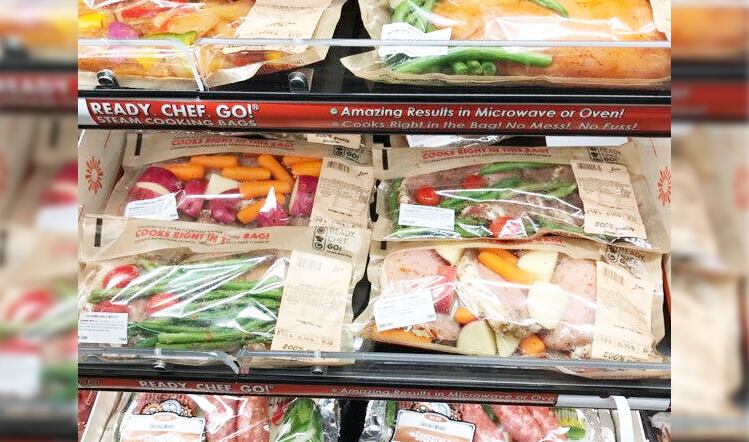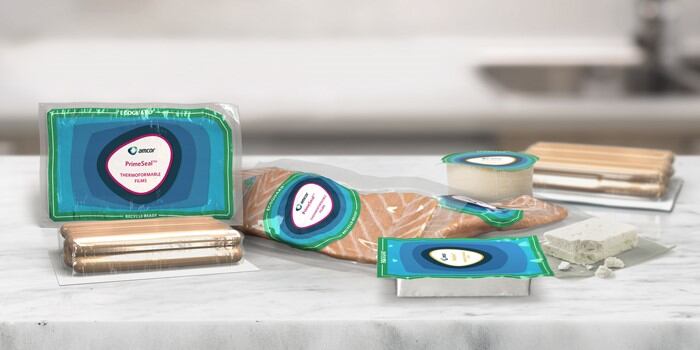All paper-based packaging components and Weetabix On The Go drinks bottles are widely recyclable at home, and plastic wrap components can be recycled with soft plastics at most major supermarkets. Weetabix said it had made significant investment to help achieve its recyclable packaging goal.
Carbon savings
With Weetabix products purchased by about 9.5 million UK households, the manufacturer claimed its investment in packaging would reduce its carbon footprint by 648.4 tonnes per year.
Mark Tyrrell, packaging development manager at Weetabix Food Company, said the final piece of the sustainable packaging puzzle was bringing Alpen 1.1kg inner bags and Ready brek sachets in line with the credentials of the rest of its materials.
“We did extensive testing with our supplier to come up with recyclable film options that would run smoothly on our machines,” he added.
‘Good of the planet’
“These new recyclable films ensure there is no compromise on product freshness, meaning that our consumers can be confident of the same great Weetabix quality and taste whilst knowing they are using their purchasing power for the good of the planet.”
Weetabix planned to further reduce the carbon footprint of its packaging as part of its commitment to the producing the ‘first zero carbon’ box of cereal, with the wider ambition of operating as a net zero business by 2050.
In other packaging news, transparency, the ability to reseal products and sustainability were key features consumers look for in hard cheese packaging when purchasing, according to new research from Amcor.
Meanwhile, with Global Recycling Day having just passed, Food Manufacture looks at the impact of plastic packaging, the key areas for improvement and the challenge of ditching virgin plastics in order to ask the question: Do we need plastic packaging?





